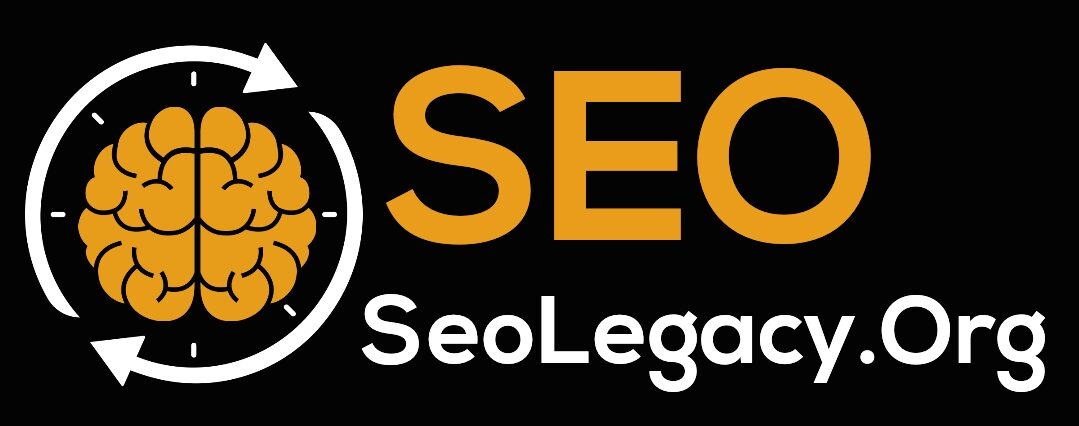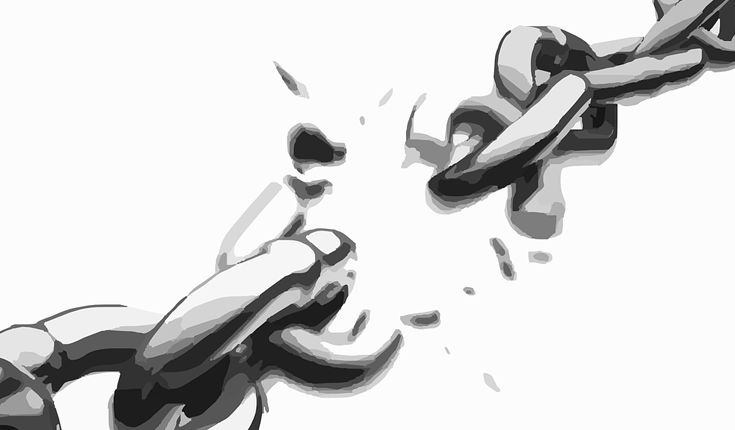How YMYL SEO’s Success Can Be Fueled By E-A-T Content And Link Building
A crucial idea for YMYL sites is E-A-T. Kevin Rowe explained in a recent webinar how marketers can produce and distribute expert-worthy content.
The search engine uses the principle of E-A-T, which stands for expertise, authority, and trustworthiness, to determine the value of web content.
However, what exactly does it entail for content to demonstrate expertise, authority, and credibility?
In a recent webinar, PureLinq founder and CEO Kevin Rowe said, “Expertise, for me, is the amount of knowledge you have in a field.” You construct more skill the more you’ve been in a field.”
“Authority is how other authoritative figures validate you; authoritative links reflect this. Furthermore, “over time, trust is expertise and authority,” he added.
When most marketers think about E-A-T signals, they often focus on making good content. And keeping in mind that this is perhaps of the main element, these experts could be passing up likely positioning signs from definitive backlinks.
When building links to your website and creating content, Rowe says that taking E-A-T into account is a great way to improve rankings, especially for those in the YMYL (your money, your life) space.
What Google has to say about YMYL and E-A-T
According to Rowe, Google provides numerous resources to marketers seeking to enhance the E-A-T signals on their websites. These resources can provide additional context into how the search engine determines site authority, expertise, and trustworthiness, whether it’s documentation like the General Guidelines or social media communication like Twitter.
According to the data, Google evaluates YMYL content heavily using the concept of E-A-T. It is “possible to have everyday expertise in YMYL topics,” as stated in the Guidelines. This can be done in the form of posts on a forum, articles about one’s own experiences, or any other type of content that aims to offer guidance to searchers.
However, despite the abundance of available resources, Google does not actually provide specific recommendations for enhancing E-A-T or the manner in which its algorithms collaborate with it.
Rowe stated, “They provide a lot of information about how they want the search engine to function, but it doesn’t always work that way.” Therefore, we must utilize testing and analysis to comprehend the relationships between causes and effects.
E-A-T is not an algorithm or update; It is a general rule to follow when optimizing your website. To better adhere to this principle, marketers should use Google’s guidelines and documentation in their testing and optimization efforts.
How to build links and content to establish E-A-T
Marketers can work on enhancing the quality signals for their sites through strategic link building and content creation efforts, despite the fact that Google does not provide straightforward steps for improving E-A-T.
Rowe stated, “It’s all about how expert-driven your content is and how authoritative your links are.”
Rowe talked about three ways that marketers could start sending signals with a higher E-A-T.
Produce content that is expert in the subject. Write content based on your knowledge. For readers who are interested in a particular topic, your articles ought to be the primary sources. Hire someone to create this content for you if you are not an expert in the field.
Message chiseling. Concentrate on the requirements of the readers you are writing for. Individuals looking for YMYL content need interesting messages that address their own circumstances, so ensure your composing mirrors this.
Find opportunities for building links. Start pitching your content to reputable, relatable websites. HARO, which connects journalists who publish content in those areas with subject matter experts, is a great resource that Rowe recommends.
The foundation of E-A-T is high-quality content and links from reputable sources. Rowe emphasized how intertwined these components are: The amount of knowledge and content shared on your site and from it is a big part of trust, authority, and expertise. It all comes down to who you are, who is writing the content, and what other people think of it.



